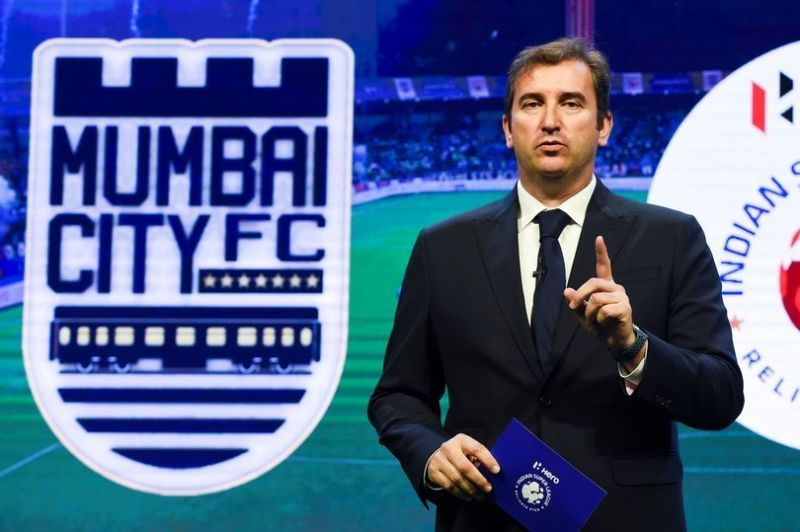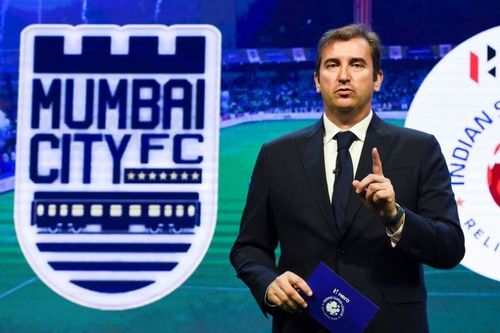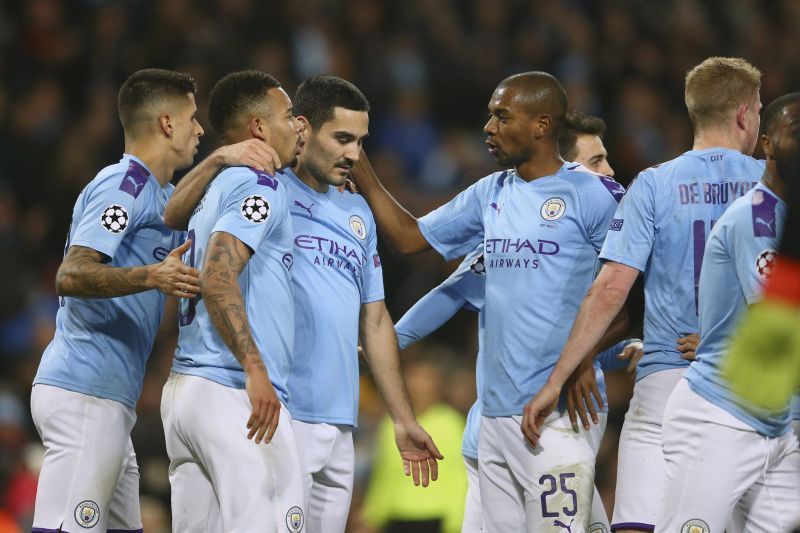
City Football Group-Mumbai City FC deal: The view beyond football

Mumbai City FC recently became the eighth football club to come under the City Football Group (CFG) umbrella after its acquisition was confirmed days earlier.
Ferran Soriano, the group’s chief executive, first mooted City Football Group’s 'Disneyfication' of football during his spell at FC Barcelona. Barcelona’s leadership blocked the idea and he left the club in 2008. Since arriving in Manchester City in 2012, Soriano has been busy building football’s first truly multinational corporation – a Walt Disney of football.
Simon Chadwick, Professor of Sports Enterprise at the University of Salford, recalls an encounter with Ferran Soriano,
“Even then he compared football clubs to Disney. At Disney you can franchise out across the world, make films in different languages, build theme parks. Multi-club ownership is the realisation of his Walt Disney view of football; where clubs are entertainment franchises, where football is a form of content."
With Manchester City emerging as a Premier League force in recent seasons, it is no surprise that the club has seen their fan base grow enormously. However, they're still behind neighbor’s Manchester United.

To eclipse United and other European giants, CFG has been aggressively expanding around the globe. Their goal is to increase the fan base, develop a brand presence and improve commercial appeal. Hence, India was always an inevitable destination for the organization.
As The Telegraph's Sam Wallace writes, in the relatively new or small football markets in the US, India, Japan and Australia, acquisition of these clubs can accelerate the growth of the Manchester City fan base and so increase its commercial value.
What is perhaps most striking about the deal is the club that City has bought. Mumbai City FC does not have a huge fan base and lacks a strong footballing culture. Whereas other teams in India have much wider support. Football has been traditionally popular in Goa, Kolkata, Kerala and the North East.
However, Mumbai is India's financial capital and has a strong recall value around the globe. One senses that this was an important aspect of the deal.
The deal comes at a point when the government in India is beginning to take the 'Gulf region' more seriously. Prime Minister Narendra Modi undertook three visits to the UAE in the last four years underlining India’s growing proximity with the country.
CFG's acquisition of Mumbai City FC could also be an exercise in soft power, with the hope of forging alliances with key businesses in India. In early 2018, Abu Dhabi offered a 10 percent stake to a consortium of Indian oil companies in the Lower Zakum offshore oil field. At the same time, India opened up its downstream sector to global energy majors such as Abu Dhabi National Oil Co (ADNOC).
This decision has resulted in a flurry of activity in this important sector. ADNOC forged a partnership with Adani Group to study the feasibility of setting up a chemical complex in Gujarat's Mundra with a total investment estimated to be up to USD 4 billion. The Emiratis are also considering entering the race to acquire government's stake in BPCL (Bharat Petroleum Corp.Ltd).
Undoubtedly, CFG's entry would pave the way for further business opportunities in India. Just look at Abu Dhabi’s Etihad Airways' decision to enhance links with Chengdu Airport after CFG acquired Chinese third-tier club Sichuan Jiuniu.
All of this suggests that the purchase of Mumbai City FC is just as much about good business as it is sport.